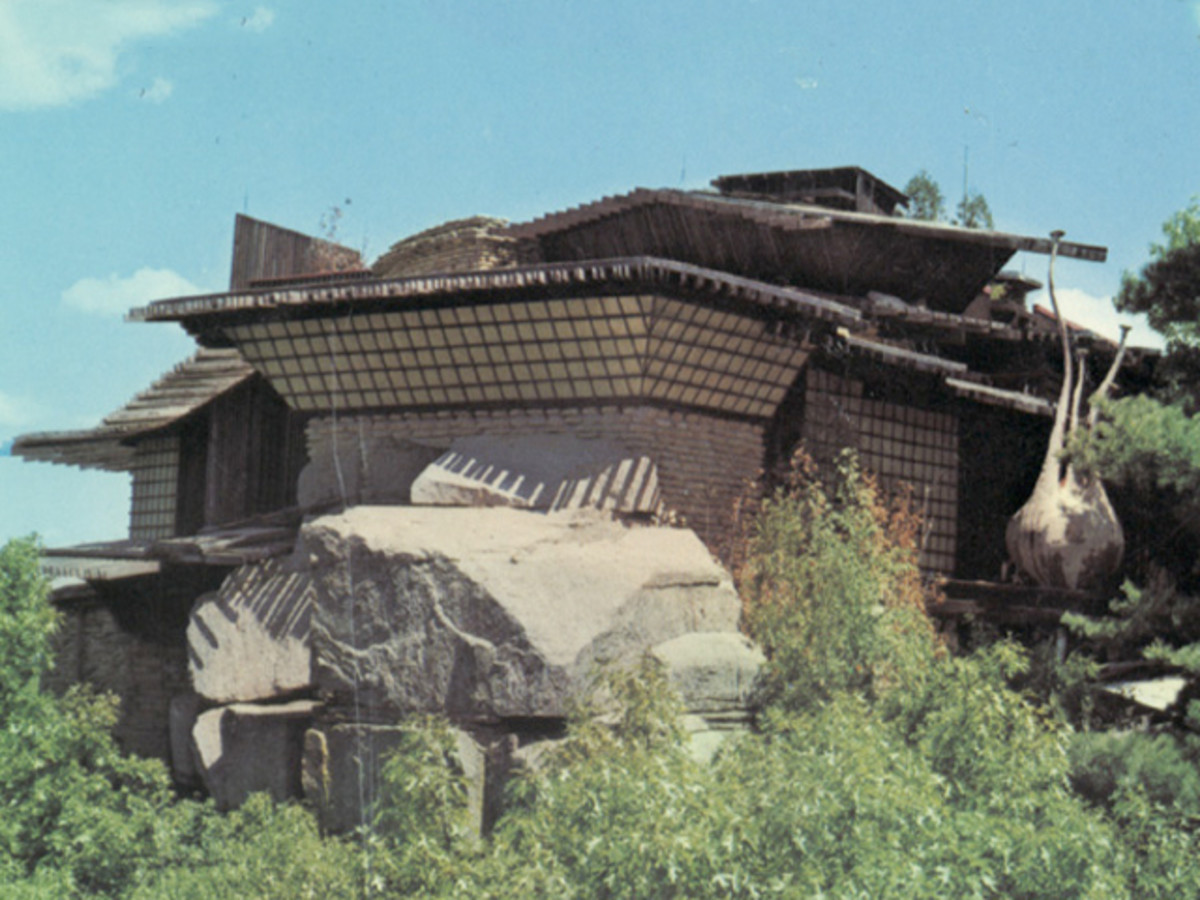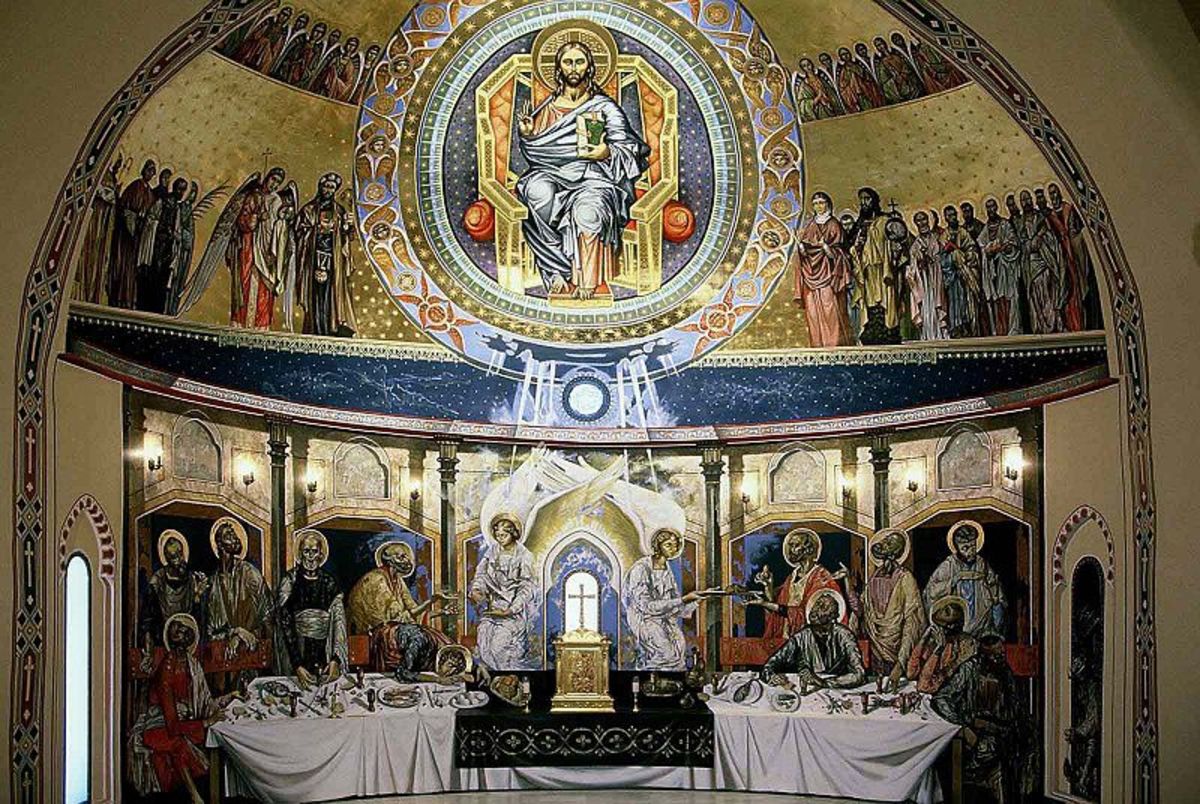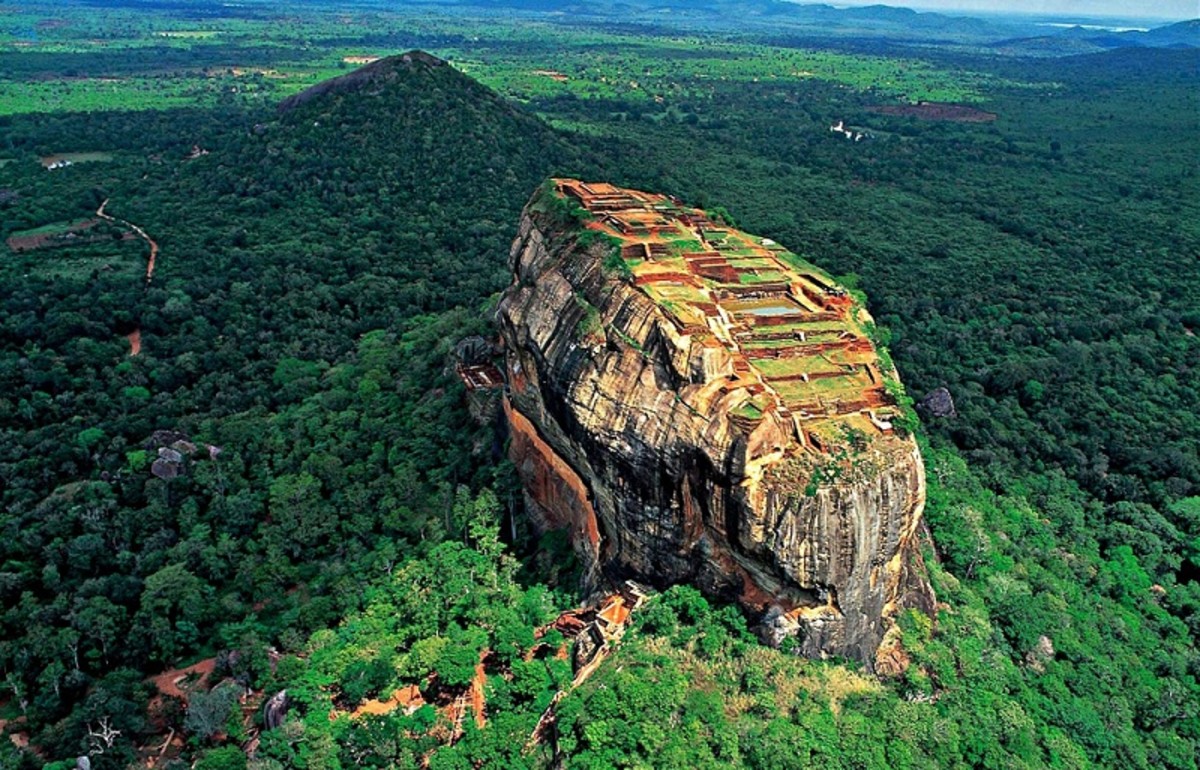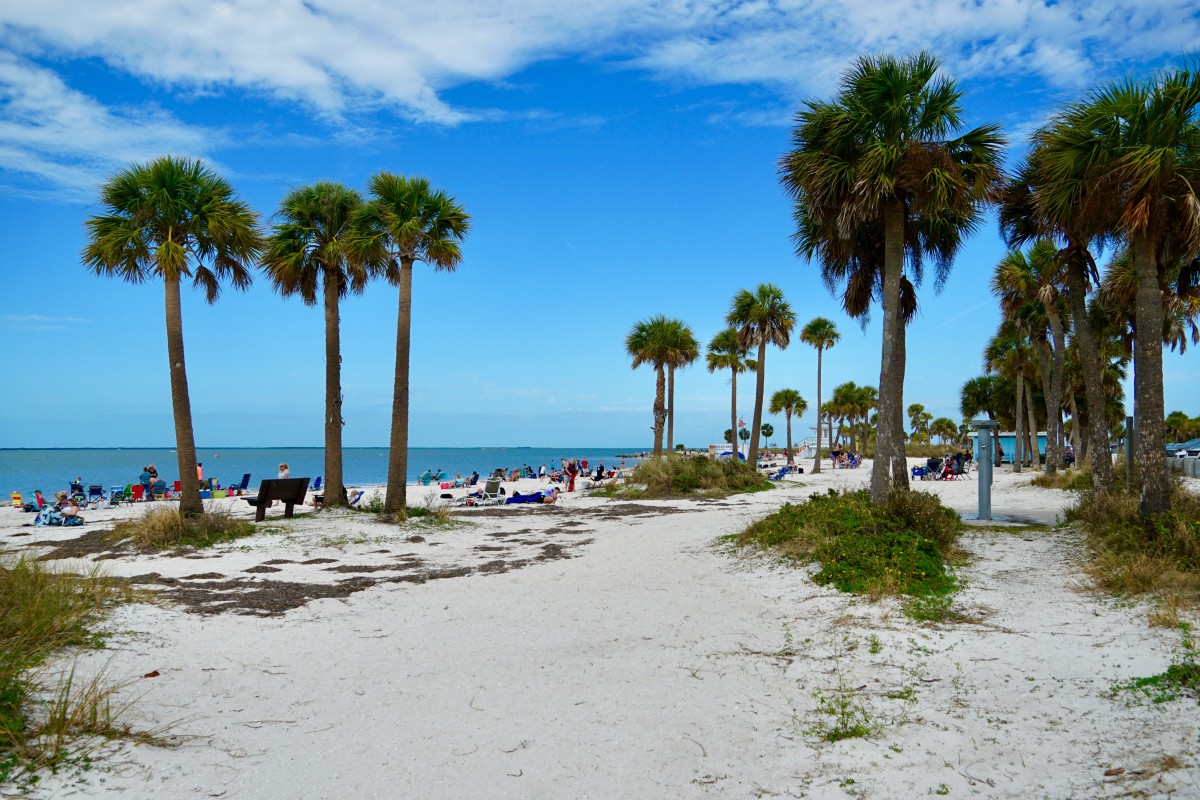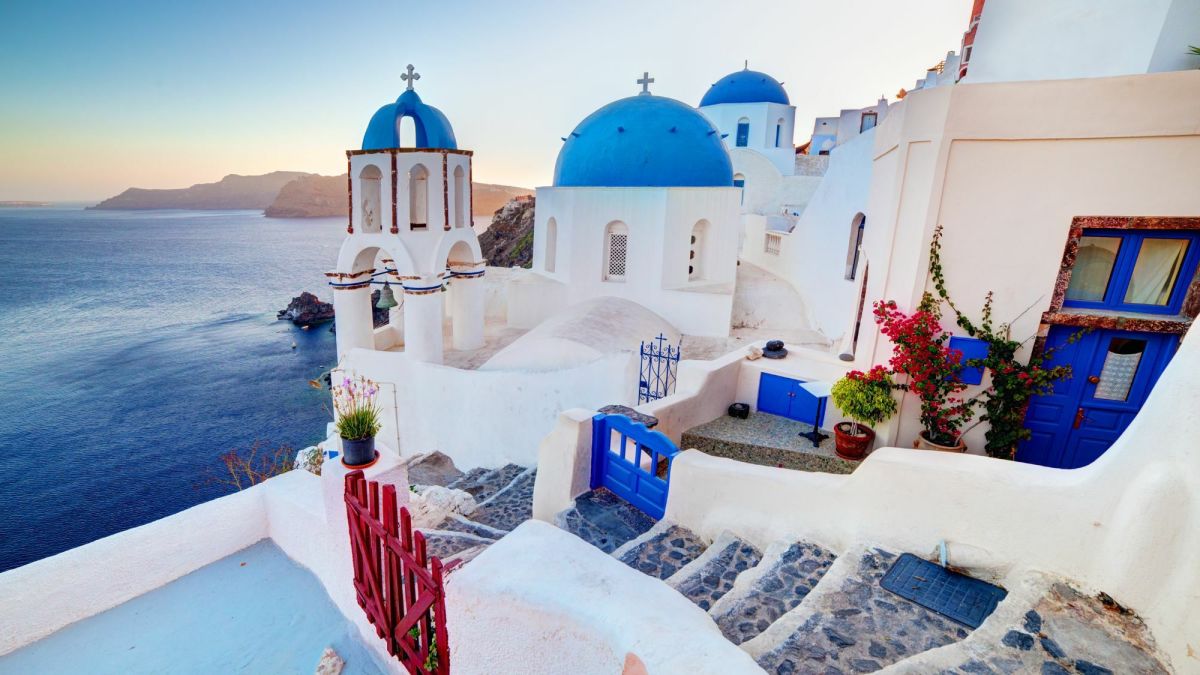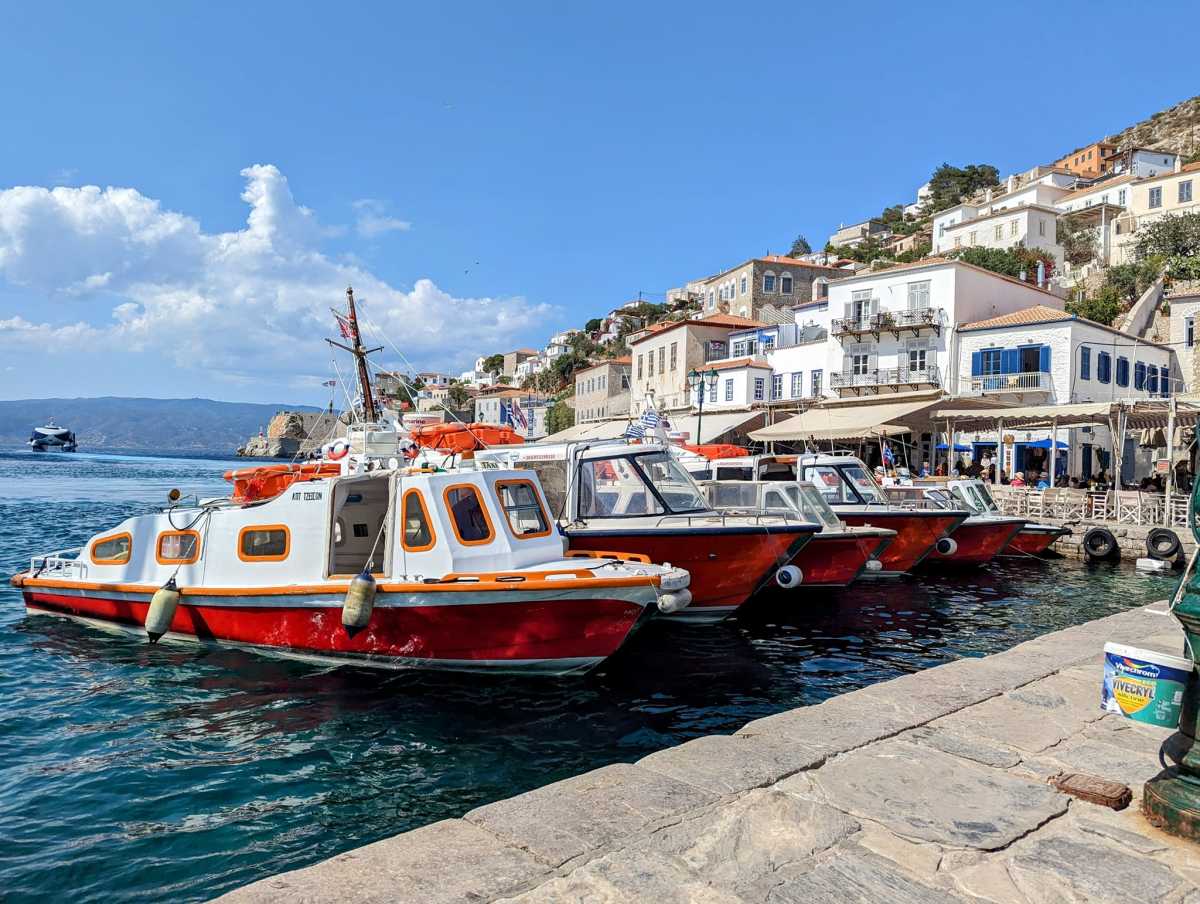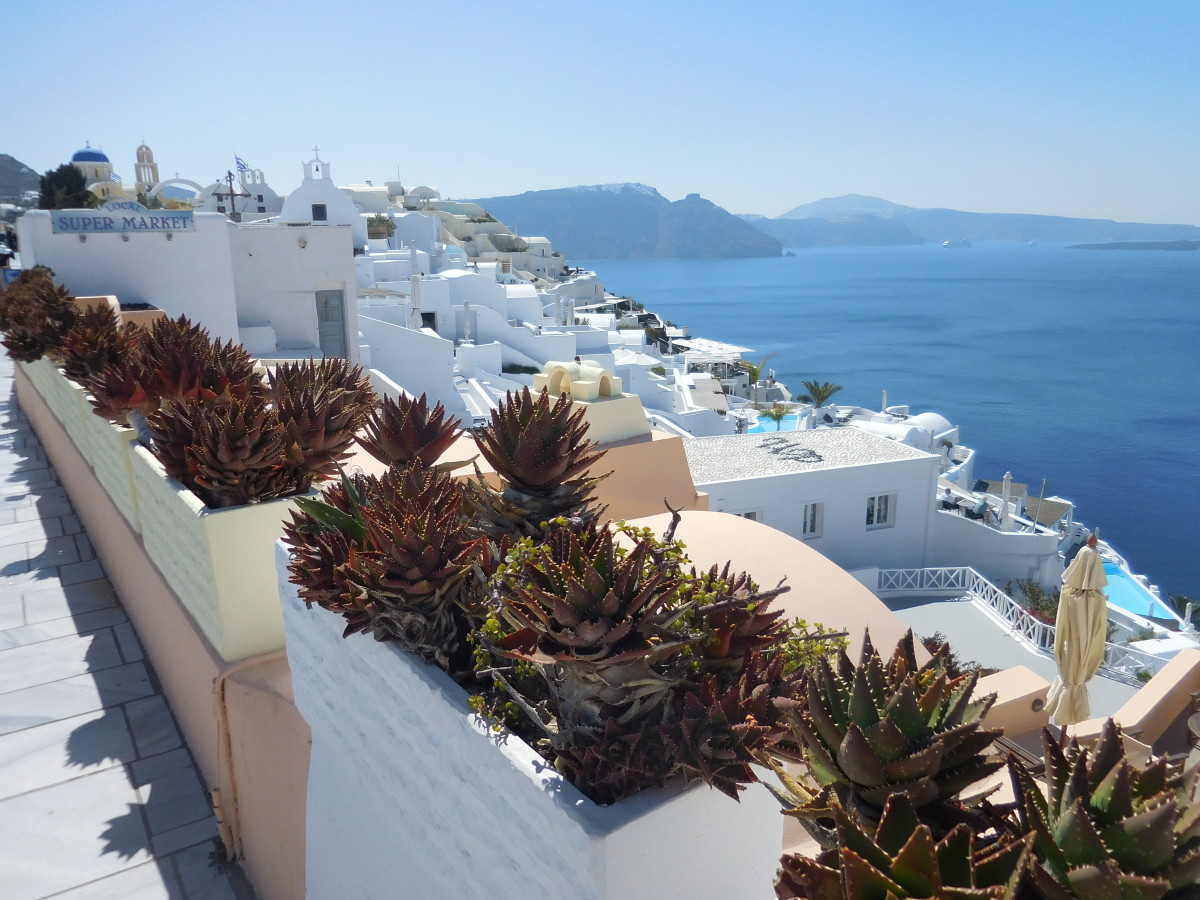Crete – Zorba the Greek Country
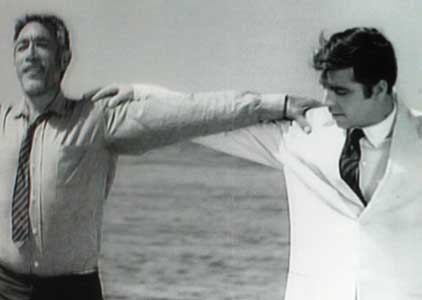
Crete's Attraction
Of all the islands in the Aegean, Greece's millpond-calm sea, studded with largely unspoilt tourist magnets, Crete holds a special place. It could be its colourful history. It is famed in Greek mythology, for the demi-god, Theseus, slew the Minotaur (half-man, half-bull) with the help of Ariadne (daughter of the king of Knossos). In more contemporary times, the Cretan resistance wrote volumes of heroism during the island's involvement in the second World War. It could be the allure of its archaeology (the Minotaur may be mythical but the palace at Knossos exists), or it could be the combination of wild mountains and calm seas that form its landscape.
The attraction is felt by more than two million visitors each year who, outnumbering the island's population by more about three to one, visit their favourite haunts again and again.
Rugged Mountains and Scenic Beaches
Enter into Chania, the island's second largest city, and you'll be surprised by two things: its size (much larger than you'd expect) and the mind-blowing combination of rugged mountains in the background and wine-calm sea in its harbour and many scenic beaches.
This is a tale that's repeated every time you strike out in Crete. The mountains are rugged beyond belief. The beaches appear unspoilt. You take one look at Samaria Gorge and you instantly realise the larger-than-life character played by Anthony Quinn in Zorba the Greek could only have come from Crete.
Cretans
Cretans are fiercely proud of their island, culture and history which dates back to the Minoan times around 1700BC, but they're also incredibly welcoming and go to great lengths to make visitors feel at home. Whilst much of the island's income comes from tourism, Crete is large enough and rich enough to not rely entirely on visitors; so when Cretans go to seemingly extraordinary lengths to make you feel at home it's because they genuinely like you and want to impress you with the tradition of their hospitality rather than because they're after your money.
I have friends who were offered the loan of a taverna-owner's car when they couldn't find transport, and the number of instances when Cretans have helped tourists find accommodation, food, or simply an out-of-the-way beach, are too numerous to mention.
This is a place which, while feeling fully integrated into Europe (internet cafés abound and there are few places on the island where your mobile phone will be out of reach of a signal), it is still safe enough for locals to leave their front doors unlocked and for visitors to come back to their unattended towels on the beach and find their mobile phones and digital cameras still there.
Expatriates
It's little wonder then that so many of them, each year, decide to sell-up back home and settle permanently on the island. Of course, no such move is ever culture-shock-free, and this is probably more true for Crete than most places.
While many Cretans speak English (and French and German), the island's incredibly long history makes for a culture that's multi-layered and hard to penetrate - at least initially. Add to this a level bureaucracy that even native Cretans hate, and the fact that the language of officialdom is Greek, and you begin to realise that a love affair with the island must be deep indeed to go the distance.
That many expatriates decide it's worth the trouble speaks volumes about the island's incredible beauty and its ability to work its magic upon its visitors. Emigrate here and you consciously give up a certain way of life back home, but the compensations make it more than worth it. This is a place where children can grow up in safety, where the past is never far from the present, and where history makes itself felt in almost everything you do.
Zorba
To step onto the island is unlike anything you've experienced. The Crete of today is as much a magical amalgam of past and present as it ever was and just a few hours spent walking the narrow streets of the old part of Chania are enough to strip away the façade of modernity and bring back to life larger-than-life heroes and colourful characters. There is a zest for living here that instantly transports you into the heart of Zorba the Greek, and explains why Crete is still called the island of dreams.

